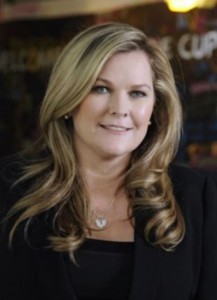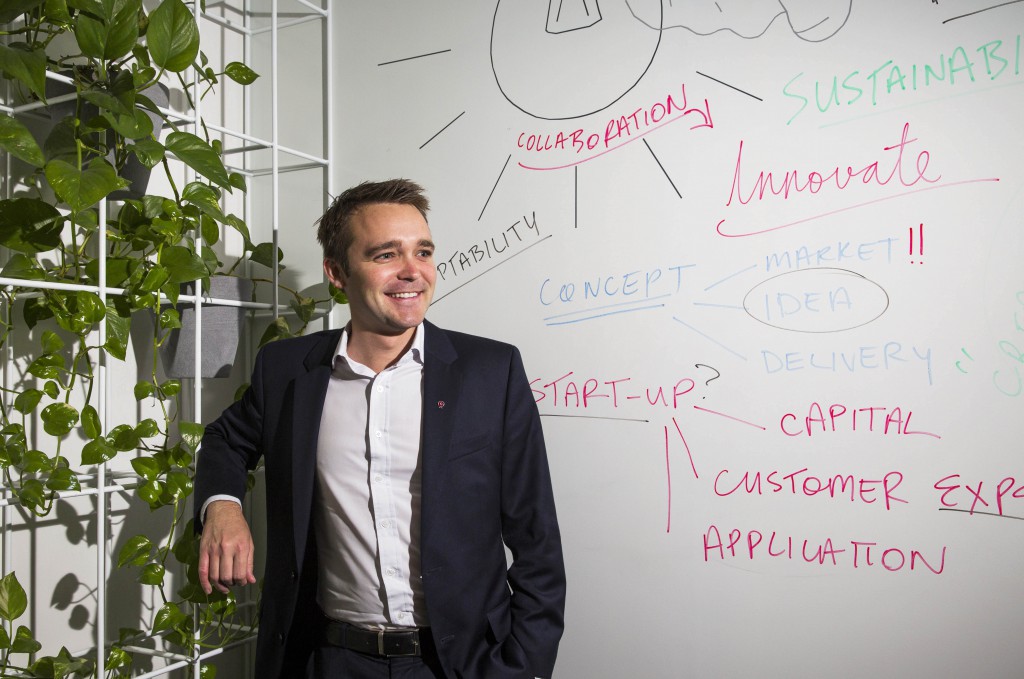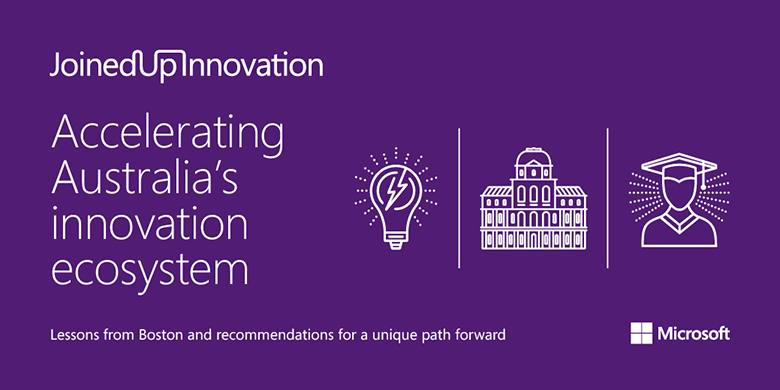 To remain globally competitive, and maintain its high standard of living, Australia must quickly become a more innovation-driven economy. That means identifying the conditions required for competitive, high-value businesses to thrive. It also means capitalising on today’s high level of interest in innovation and the role that governments, businesses, educational and research institutions, and individuals can play.
To remain globally competitive, and maintain its high standard of living, Australia must quickly become a more innovation-driven economy. That means identifying the conditions required for competitive, high-value businesses to thrive. It also means capitalising on today’s high level of interest in innovation and the role that governments, businesses, educational and research institutions, and individuals can play.
Against this backdrop, Microsoft recently helped to take 20 leading Australian politicians and business people to Boston and neighbouring Cambridge in the US state of Massachusetts. The group visited local facilities and met a wide range of experts to learn firsthand how the state is reinventing itself as a major innovation centre to rival Silicon Valley and other innovation hotspots around the world.
We led the tour as part of our on-going Joined-Up Innovation campaign, which addresses Australia’s urgent need to strengthen and future-proof its economy through world-leading innovation.
We led the tour as part of our on-going Joined-Up Innovation campaign, which addresses Australia’s urgent need to strengthen and future-proof its economy through world-leading innovation.
Here are three things the delegation learned from Boston and which we believe could be applied locally.
Place matters
Even in today’s online world, the Boston experience shows that physical spaces that bring people together are vital and result in increased collaboration, trust and innovation.
The Boston area has two major innovation hubs. The first is a new Innovation District south of Boston city, which features office buildings, co-working spaces and housing developments designed to allow people to live and work in the area. The other is Kendall Square in Cambridge, with Massachusetts Institute of Technology (MIT) at its core.
At places like the Cambridge Innovation Center (CIC), a rich array of start-ups across all industries work alongside venture capitalists and service providers. “The easiest thing to do to build innovation is to put all your strongest people together in one spot,” says Tim Rowe, founder of CIC. “It’s like when you’re building a fire. You don’t spread the sticks around. You put them all in a pile.”
Culture matters
The state of Massachusetts – which with 6.7 million people has a smaller population than New South Wales – boasts a US$460 billion economy underpinned by high-technology businesses in advanced manufacturing, information technology and life sciences. The ‘secret sauce’ that draws them to Boston is a sense of higher purpose – creating innovations and businesses that can change how the world works – and a culture of collaboration.
Fuelling this culture is a unique combination of circumstances, including:
- the presence of outstanding educational institutions, including Harvard University and MIT
- urban regeneration projects that have created business districts ideal for sharing ideas
- the influence of more than 40 incubators and business accelerators that work to help inventors and entrepreneurs get off the ground and succeed.
For Australian delegates, this broader view of innovation – as a cultural as well as technological phenomenon – was impressive, and pointed towards the possibility of extending innovation initiatives to businesses outside the technology sector.
“I’ve come to the view that saying innovation is simply about technology is wrong,” says delegate Ed Husic MP, Shadow Parliamentary Secretary to the Opposition Leader Assisting with Digital Innovation and Startups. “It’s not about having the tablet or whatever; it’s about the way you find better ways of doing things – being smarter, more efficient, quicker and more responsive.”
Experimentation matters
To strike out in new and exciting directions, start-ups and entrepreneurs must be able to take risks. The City of Boston itself has embraced this idea with a series of initiatives designed to create a pro-innovation atmosphere. For example, the city has created the Mayor’s Office of New Urban Mechanics (MONUM) as an internal innovation group that aims to solve civic problems, from graffiti to traffic, while offering public servants an opportunity to test their ideas quickly, cheaply and safely.
Next steps for Australia
Based on what they saw and learned in Massachusetts, participants in our tour of Boston and Cambridge suggested numerous potential steps Australians can take towards creating a more innovative business environment – as a nation and within their own organisations. These included:
- making innovation a national economic priority, at a national, state and city level
- increasing efforts to create innovation-heavy districts, especially within cities, including by making appropriate spaces available within publicly and privately owned facilities
- encouraging collaboration between all elements of Australia’s innovation ecosystem
- reforming work visa arrangements to attract globally mobile entrepreneurs and inventors.
Already, two delegates from opposite sides of politics – Wyatt Roy MP and Ed Husic MP – have applied what they learned in Boston to co-author an article titled ‘Embracing innovation is the key to our future economic growth’. Mr Husic has also announced that the Australian Labor Party (ALP) will create an Entrepreneurial Council to support innovators, and Mr Roy ran an innovation policy ‘Hackathon’ at BlueChilli, a start-up accelerator represented on the tour by its founder Sebastien Eckersley-Maslin.

Complementing these initiatives is the pending release of theTurnbull Government Innovation Statement. Wyatt Roy will no doubt be central to that effort and we look forward to the Government introducing a strong and coherent vision for the nation. We are also encouraged by the bi-partisan approach to this area of policy and the genuine contest of ideas. Innovation policy could certainly be informed by the Government leadership in Boston.
The trip also resulted in the South Australian Government expressing its interest in hosting the Boston-based business accelerator MassChallenge and borrowing ideas for a mobile app to engage citizens to help in achieving the state’s economic priorities. As South Australia’s Minister for Science and Information Economy Gail Gago says in our report: “We’re committed to transitioning from an old economy to a new economy… and by transitioning to become a leader in innovation we will be better placed to accelerate the changes we need to drive new business, industry and jobs.”
We believe Minister Gago really nails the challenge not just for South Australia but the whole country. We need to make sure we’re a new economy not an old one. To achieve that, we need to maximise the value of all parts of our innovation ecosystem. We also need to ensure that those parts are ‘joined-up’ to unlock the world-beating results that can come from working together effectively.
Learn more by reading our full report – Accelerating Australia’s innovation ecosystem: Lessons from Boston and recommendations for a unique path forward.





